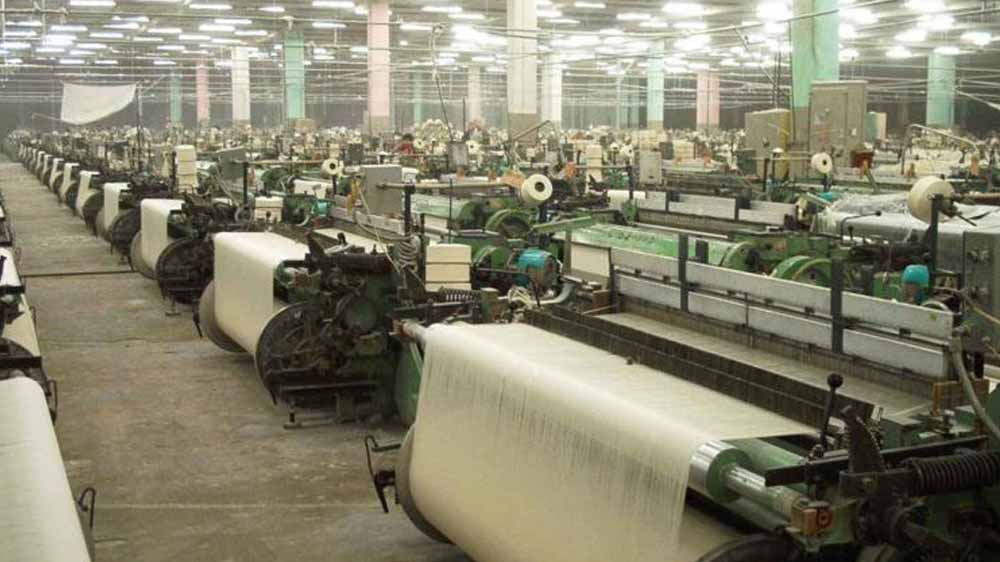The Economic Coordination Committee (ECC) of the Cabinet has approved the withdrawal of sales tax and customs duty on imported cotton, effective from January, 8 2018.
The ECC met with Prime Minister Khaqan Abbasi in the chair where a proposal submitted by the Textile Division seeking abolition of sales tax and customs duty on imported cotton was approved.
According to the Textile Division summary, a copy of which is available, Pakistan is a net cotton importer since 2001. Domestic cotton is of short to medium staple length therefore, long and extra long staple cotton has to be imported for production of finer yarn counts for subsequent transformation into high value-added finished products.
Import of cotton has remained duty free until the 0% slab was abolished in 2014-15 and Custom Duty (CD) of 1% was imposed along with a 5% sales tax. Later on, 1% slab was increased to 2% and then 3% along with a 1% additional duty to make it 4% i.e. cotton was subject to 4% CD and 5% Sales Tax till January 15th 2017.
Prime Minister’s Package of Incentives for exporters was announced on January 10th, 2017, wherein textile sector was provided number of facilitations, including withdrawal of customs duty and sales tax on imported cotton w.e.f. January 16th, 2017. Provision of competitively priced quality cotton to textile industry is basic foundation on which export competitiveness is built.
The Finance Division moved a Summary to the ECC of the Cabinet to impose the customs duty and sales tax on imported cotton. The ECC of the Cabinet constituted a Committee and on the recommendation of the Committee Duties were re-imposed from July 15th, 2017 in view of domestic cotton arrival.
The textile industry of Pakistan consumes around 12 to 15 million bales per annum. Sustainability and viability of spinning industry is completely dependent on performance of the domestic crop. Textile industry has to meet any shortages by using imported cotton from other countries.
The impact of duties is induced in the price of domestic cotton, resulting in increase in cost of doing business for the entire textiles value chain especially for export oriented sector in highly competitive international markets. It may also be noted that mills consumption have reduced but the entire gap has still not been bridged ‘during the last two years.
According to Cotton Crop Assessment Committee (CCAC) the cotton crop for the year 2017-18 is expected to be around 12.6 million bates of 170 kilogram, an increase of 16% compared to last year.
Further, 8.13 million bales have arrived in the ginning factories as of November 1st, 2017 compared to 6.98 million bales in the same period last year, an increase of 17%. It is pertinent to mention here that bulk of the cotton has been lifted from farmers before 1st January, 2018.
To encourage value addition, reduce the cost of doing business and fill the gap between production and consumption as by January 1st more than 95% of the cotton has been lifted from the farmers, it is proposed that similar to last year’s decision; customs duty and sales tax on imported cotton may be withdrawn.
Textile Division further stated that the matter has been discussed with Secretary, Ministry of Commerce (Commerce Division), who has endorsed the proposal. The issue was also discussed in a meeting of All Pakistan Textile Mills Association (APTMA) at Lahore, chaired by Federal Minister for National Food Security and Research who agreed that when domestic cotton is lifted from farmers the duty may be removed as proposed.


























Well, I cannot understand at one point you wrote CD and ST was withdrawn w.e.f 16 January 2017 and on the other hand you are posting that CD as well as ST are being withdrawn from 8 January 2018